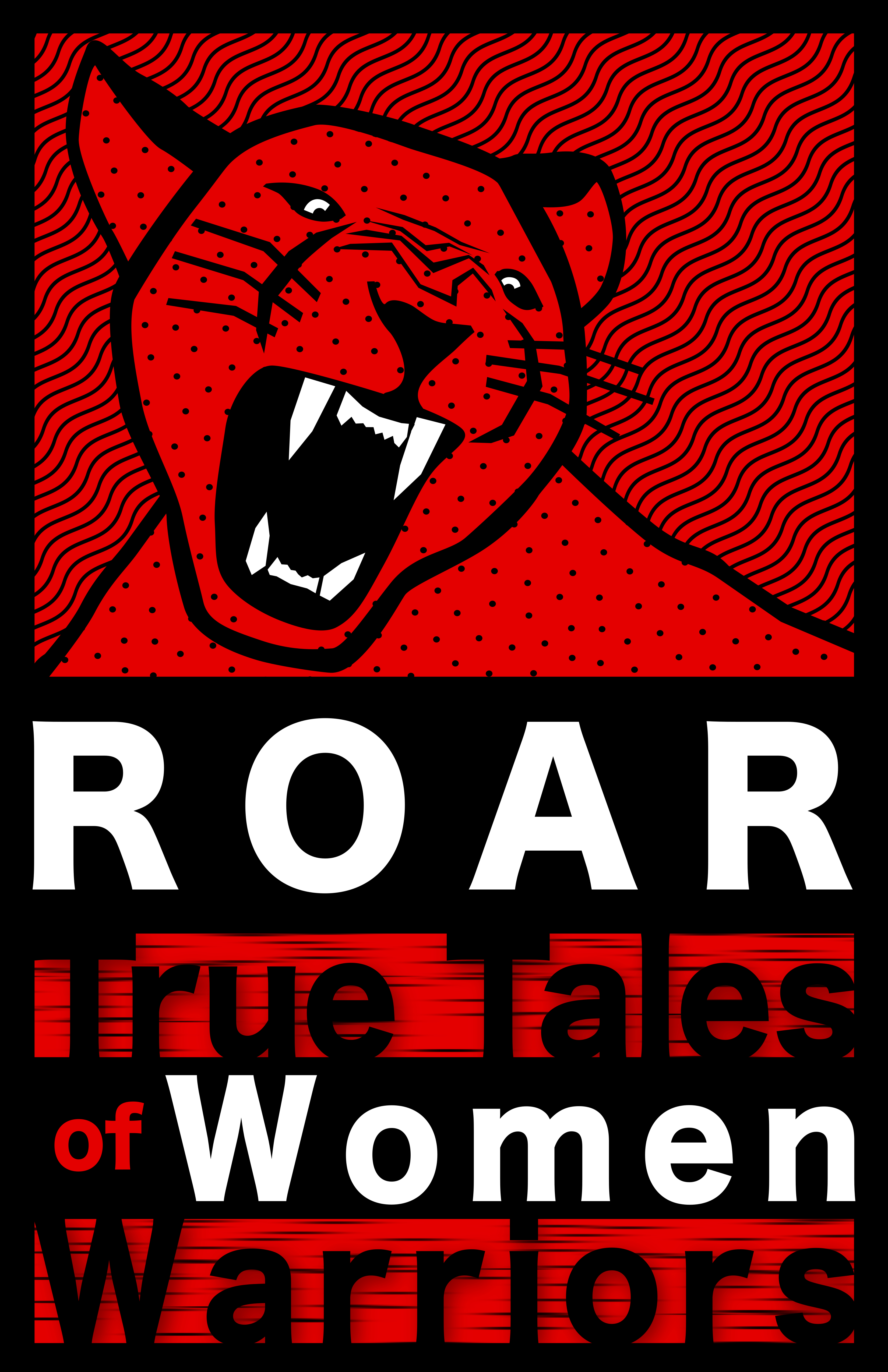 Michael Zhuang joined us on stage for our June 2015 show, I Coulda Died: stories about precarious situations. In this edition of Video Extras, Michael will share the story behind the story of how he escaped harm while he made history.
Michael Zhuang joined us on stage for our June 2015 show, I Coulda Died: stories about precarious situations. In this edition of Video Extras, Michael will share the story behind the story of how he escaped harm while he made history.
Michael has been performing as a storyteller for three years. “It was actually my business,” he explains. “I started a wealth management practice eight years ago and, belatedly, I realized my English was not up to par and I was socially awkward. I either had to overcome my weaknesses or see my business fail. What better way to overcome my weakness than telling stories in front of an audience!” Last year, Michael started Storyfest Short Slam, a bi-monthly short story contest held in Silver Spring, Maryland. The next Storyfest Short Slam will be on Monday, September 14, 2015.
Mary: Do you have a routine process for developing a story to perform?
Michael: Whenever I have a story seed, I ask myself why I want to tell that story? What changed during that story? Because, without change, I would merely be telling an anecdote, not a story. Once I have a story arc, I try to move information around to create suspense; the way to do that is to reveal the minimal information necessary to move the story forward, thus maximizing suspense. Once this is done, I try to insert humor into the story. I still write out my stories. In the past, I would memorize it word by word. Now I don’t since rote memory takes away from emotional authenticity. I now believe what the audience receives from me is not just words, but my emotional states. In fact, emotional authenticity is far more important than smart wording.
Mary: Besides your rebellious spirit, what motivated you to get involved with the 1989 Democracy Movement?
Michael: I truly believed in freedom and that democracy was right for China.
Mary: The Democracy Movement started in April; were you involved from the beginning? Did you participate in the hunger strike at any point?
Michael: I was involved from the beginning to the end. I did participate in the hunger strike for 6 days.
Mary: You described the Democracy Movement as seeking freedom of speech, freedom of assembly, and freedom to elect representatives. At the time of the protests, how hopeful were you and the other leaders that the Movement might achieve these goals?
Michael: I simplified our calls a bit. There was quite a bit of anti-corruption in our demand. Also, we purposely did not call for free elections because we did not think that was possible; we did believe our demands would lay a necessary foundation for eventual free elections. We were aware that there was a liberal wing within the communist party who were open-minded to political reform. We were mistaken that Deng Xiaoping (the paramount leader) was open-minded since he himself started the economic reform and had liberalized the society in many aspects from Mao’s time.
Mary: Given that communications within China were suspended, how much did you know of what happened on June 4th while you were making the week-long journey to your parents’ home? Were you able to be in touch with others involved in the Movement during that journey home or later?
Michael: I left on the evening the June 4th. As I traveled south, I realized people knew less and less about what truly happened in Beijing. The government had, by the time, total control of the media, and the Movement was portrayed as a lawless and violent riot. I was not able to get in touch with others involved in the Movement.
Mary: I have vivid memories of watching the June Fourth Massacre in Tiananmen Square on TV and talking about it at school. To you, did it feel at the time like you were making history?
Michael: Yes, I had the feeling I was making history.
Mary: During the 7 days it took you to get to your parents’ home, were there people who let you stay in their homes or who fed you? Did they or any of the people who gave you rides know that you had been involved in the protests in Tiananmen Square?
Michael: All the time, especially in Beijing, when people knew what truly happened. They did their best to protect me: taking me around army checkpoints on a bicycle, train captains let us ride for free, etc. As I traveled south, people didn’t know what happened, but they were willing to listen and help. So I told my story a thousand times on my way home. There were regional protests all over the country, though not as massive as that in Tiananmen.
Mary: Before you arrived on their doorstep, how aware were your parents and grandmother of your level of involvement in the Democracy Movement and protests?
Michael: They were aware and very worried. Because I would send updates to my dad in postcards to his office address, all of his colleagues knew that I was involved. Of course, after the crackdown, to them, I went dark and they had no way to know if I was alive or dead.
Mary: What did you do between 1989 and when you came to America in 1992?
Michael: Long story. I was called back to my university to undergo a re-education session. I went back after getting assurance from my professors that this was being done to protect us (and themselves). I was able to graduate but was assigned a job nobody wanted. At the time, there was no free job market, so all graduates got assigned jobs from the government. I used that time to start a business, study really hard, and apply for U.S. colleges.
Mary: What was the adjustment to American life like for you?
Michael: I fell in love right away. I spoke good enough English before I came here.
Mary: Your grandmother told you at the port of departure to, “Go! Go! Go, make a good life for yourself.” Do you feel that you have accomplished your American Dream?
Michael: I believe I have. My grandma was born in 1911, the year the last Chinese empire collapsed. Then China went through 38 year of wars and 30 years of extreme communism. For my grandma’s generation, the only way to live a good life was to leave China.
Mary: Do you still have hopes that you will see expanded freedoms in China during your lifetime?
Michael: I do believe expanded freedom is happening in China, much due to technology and economic forces. I am less optimistic about democracy. The country has a long, long, long history of being a paternalistic authoritarian state. People are still very conditioned by their history. The recent economic success actually makes people less willing to try something new and better. On the other hand, technology and economic forces have created virtual public fora and free movements of capital and labor. All of these are bringing about an incremental degree of freedom.

